BusyBox Do Not Disturb Sign
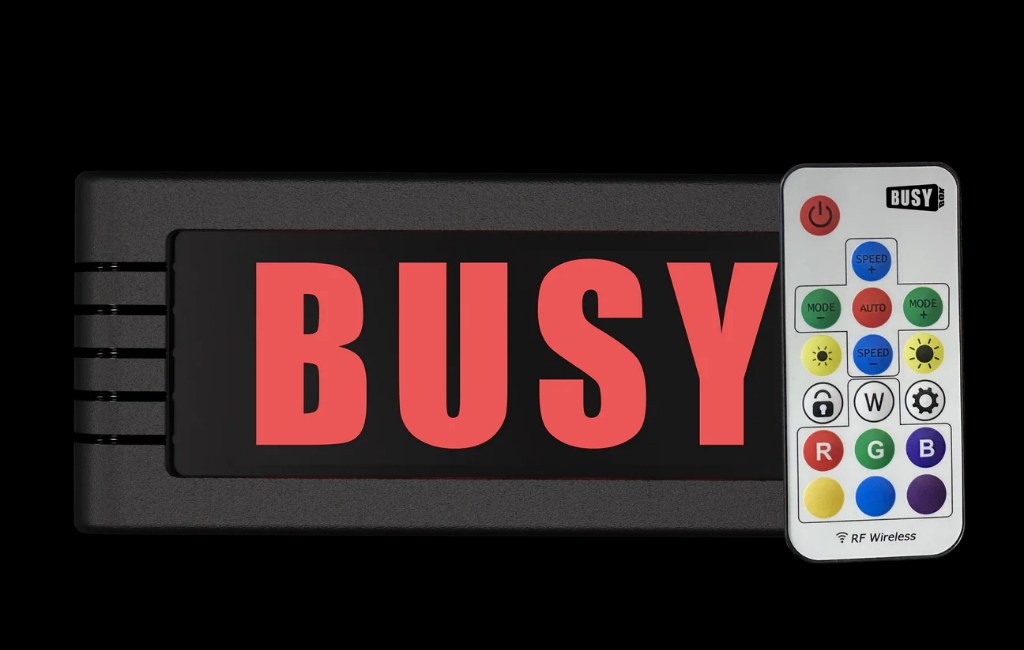
NO DEAL
EPISODE SUMMARY
🕓 Air Date: April 29, 2022
Asking For:
$200,000 for 15%
Investor:
No Deal
Deal:
No Deal
PRODUCT SUMMARY
BusyBox is a data sign designed for work-from-home professionals to prevent accidental interruptions during meetings by indicating their availability status.
WATCH HERE
IN A RUSH?
Click these to jump to the section you want to read.
Background Story
BusyBox, founded by CEO Steve Skillings and his teammate Connor, originated in New England during the peak of the pandemic when the work-from-home culture surged. Faced with constant interruptions during virtual meetings, Steve, an inventive mind, initially attempted to address the issue by training his dog to guard the door, only to realize it wasn’t a viable solution. This predicament prompted him to seek a practical remedy.

Based in New England, Steve’s background is rooted in a passion for innovation and problem-solving. With no pre-existing solution available in the market, he decided to develop one himself. This led to the birth of BusyBox, a data sign tailored for the specific needs of work-from-home professionals. The core idea was to provide a simple yet effective tool that could signal the availability status of individuals during virtual meetings.

Connor, an integral part of the team, complemented Steve’s efforts with his own expertise and dedication. Together, they embarked on the journey to create a product that could mitigate the disruptions faced by remote workers. Their combined determination and understanding of the challenges faced by those working from home culminated in the development of BusyBox, reflecting their shared vision of enhancing productivity and creating a seamless work-from-home experience.
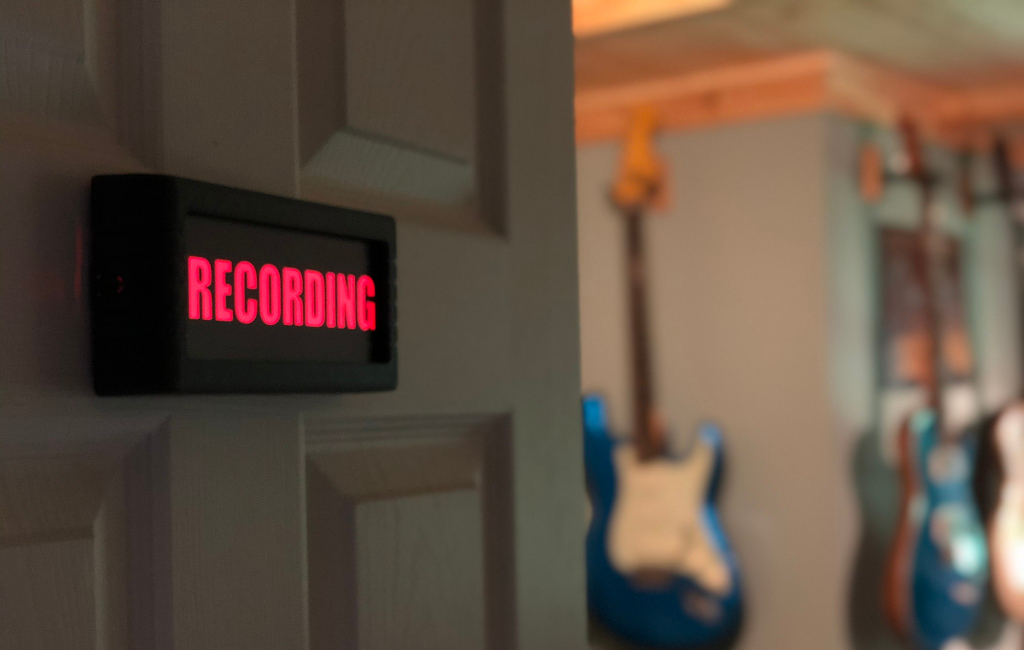
The Product
BusyBox, available in two models, presents a comprehensive solution for managing interruptions during remote work sessions. The standard model, priced at $299, is a sleek and functional data sign that indicates the user’s availability status, allowing them to signal their engagement in meetings or the need for uninterrupted work time. It can be easily mounted on any door and synchronized with the user’s calendar through a dedicated app.
The more advanced BusyBox Digital, also priced at $299, features a high-definition screen that enables users to display customizable messages. It offers a wide range of options for customization, including various preset messages, and can be controlled via the dedicated app, allowing users to adjust lighting, brightness, and other settings according to their preferences. The product serves as a visual cue for colleagues and family members, effectively reducing accidental interruptions during crucial work hours.
Customers can purchase BusyBox directly from the company’s website, where they can explore the product’s features and benefits in detail before making a purchase. The product’s user-friendly interface, easy installation process, and ability to integrate with existing scheduling systems make it a must-have for individuals seeking a seamless work-from-home experience. BusyBox’s competitive pricing and efficient functionality position it as a valuable asset for those navigating the challenges of remote work environments.
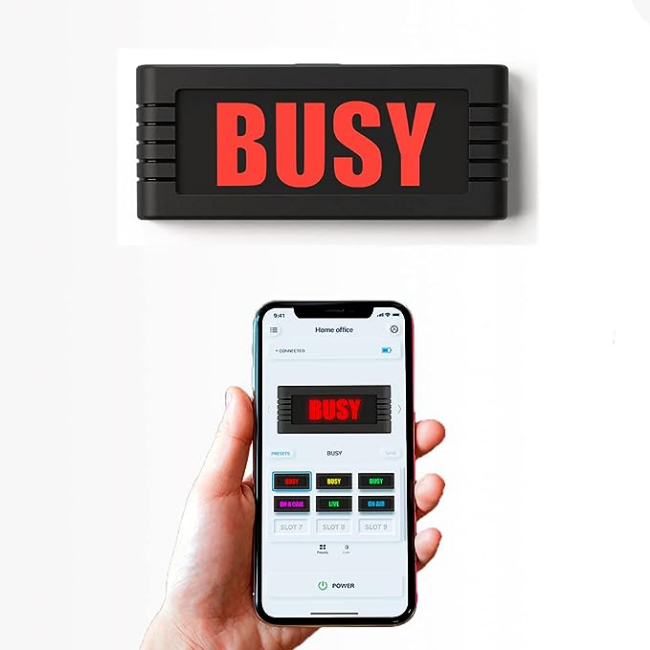
How It Went
The company’s position before Shark Tank
BusyBox has demonstrated steady growth and a promising position within the work-from-home productivity market. With lifetime sales reaching $429,000, the company has experienced notable success since its inception. However, despite its success, BusyBox has yet to secure significant press coverage or establish partnerships with major retailers or wholesalers. The company primarily relies on its direct-to-consumer sales approach, marketing the product through its website and online platforms.

BusyBox’s customer base predominantly consists of remote workers, freelancers, and professionals adapting to the remote work setting. Its strategic pricing and user-friendly interface have enabled the company to capture a niche market seeking solutions for remote work interruptions. In terms of funding, BusyBox has largely sustained itself through generated revenue, with no prominent external investments or funding partnerships. The company’s financial structure reflects a lean and self-sufficient operation, with a focus on efficient resource allocation and strategic growth.
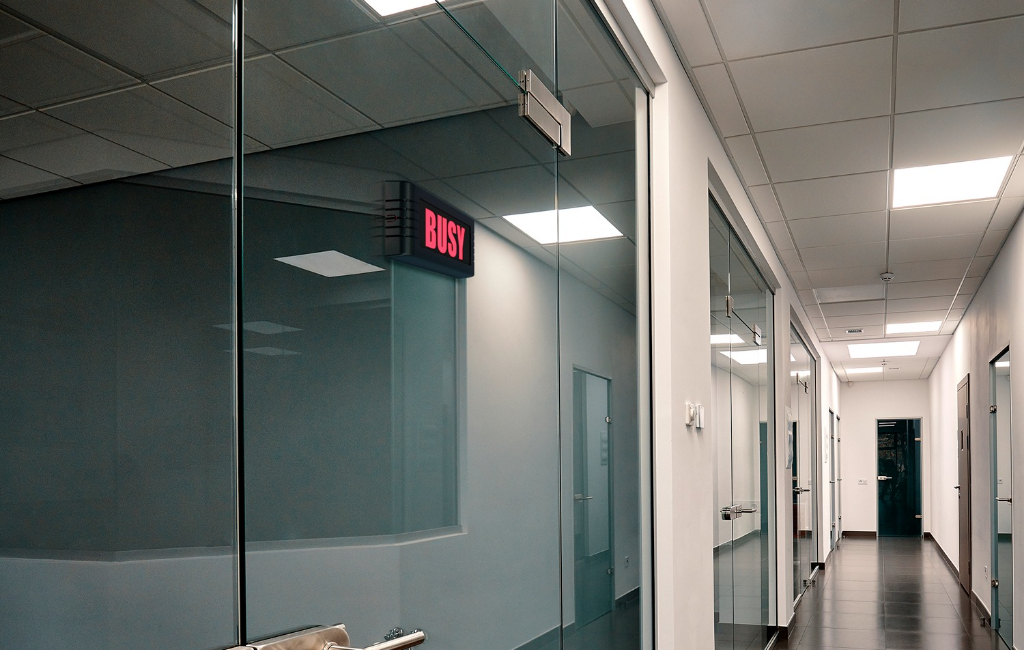
BusyBox operates with a streamlined team, led by CEO Steve Skillings and supported by key team member Connor. The company’s current organizational structure emphasizes agility and adaptability, allowing for quick decision-making and a focused approach to product development and customer service. Despite its relatively small scale, BusyBox has demonstrated resilience and a clear vision for expanding its product line to encompass other innovative solutions for remote work productivity and communication. With a dedicated customer base and a strong foundation, BusyBox is poised to further solidify its position within the evolving landscape of remote work solutions.
The Negotiations:
During the negotiation phase on “Shark Tank,” BusyBox’s founders, Steve Skillings and Connor, presented their product to the Sharks. Despite garnering interest from some of the investors, ultimately, no deal was secured. Concerns were raised regarding the product’s high price point, which stood at $299, and its potential for widespread adoption among households. While acknowledging the existing market demand for the product, the Sharks expressed reservations about the scalability challenges associated with the current pricing strategy.

The discussion veered into the company’s vision, with the founders highlighting their plans to expand into the wellness space and develop a range of productivity tools catering to the needs of remote workers. However, this expansion into a broader market segment raised further doubts among the investors, leading to some Sharks opting out of the deal.
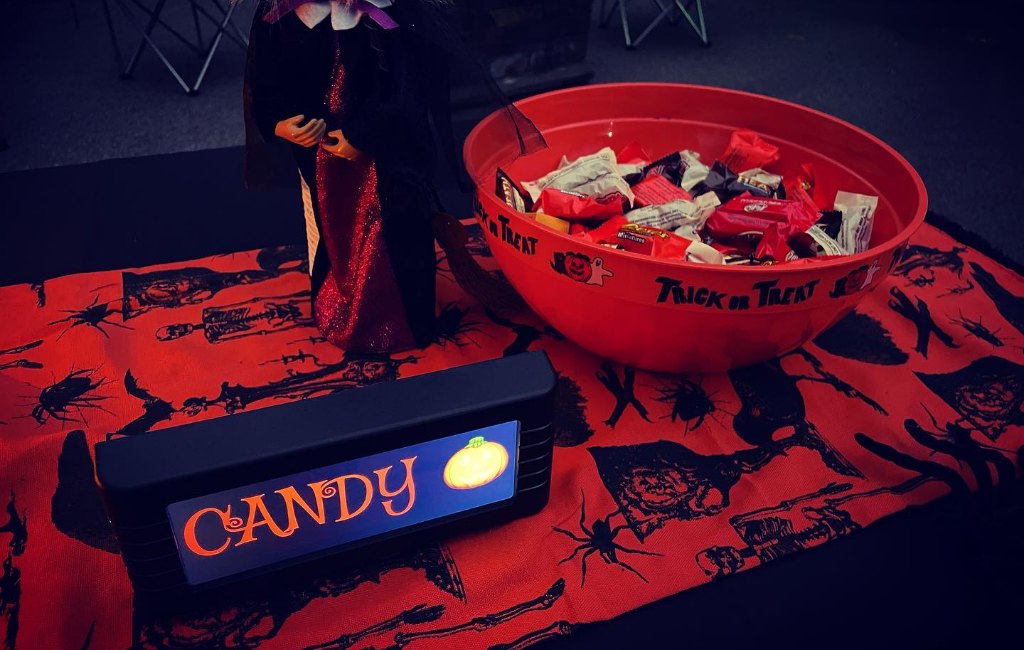
Despite the positive feedback on the product’s relevance and the founders’ efforts, the Sharks ultimately decided not to invest in BusyBox. While appreciating the founders’ dedication and entrepreneurial spirit, the Sharks cited concerns about the product’s long-term viability and market competitiveness, particularly in light of the pricing strategy and the company’s expansion plans. Despite the outcome, the founders remained determined to continue growing the company, acknowledging the need for a more gradual trajectory in the absence of immediate investment support.







